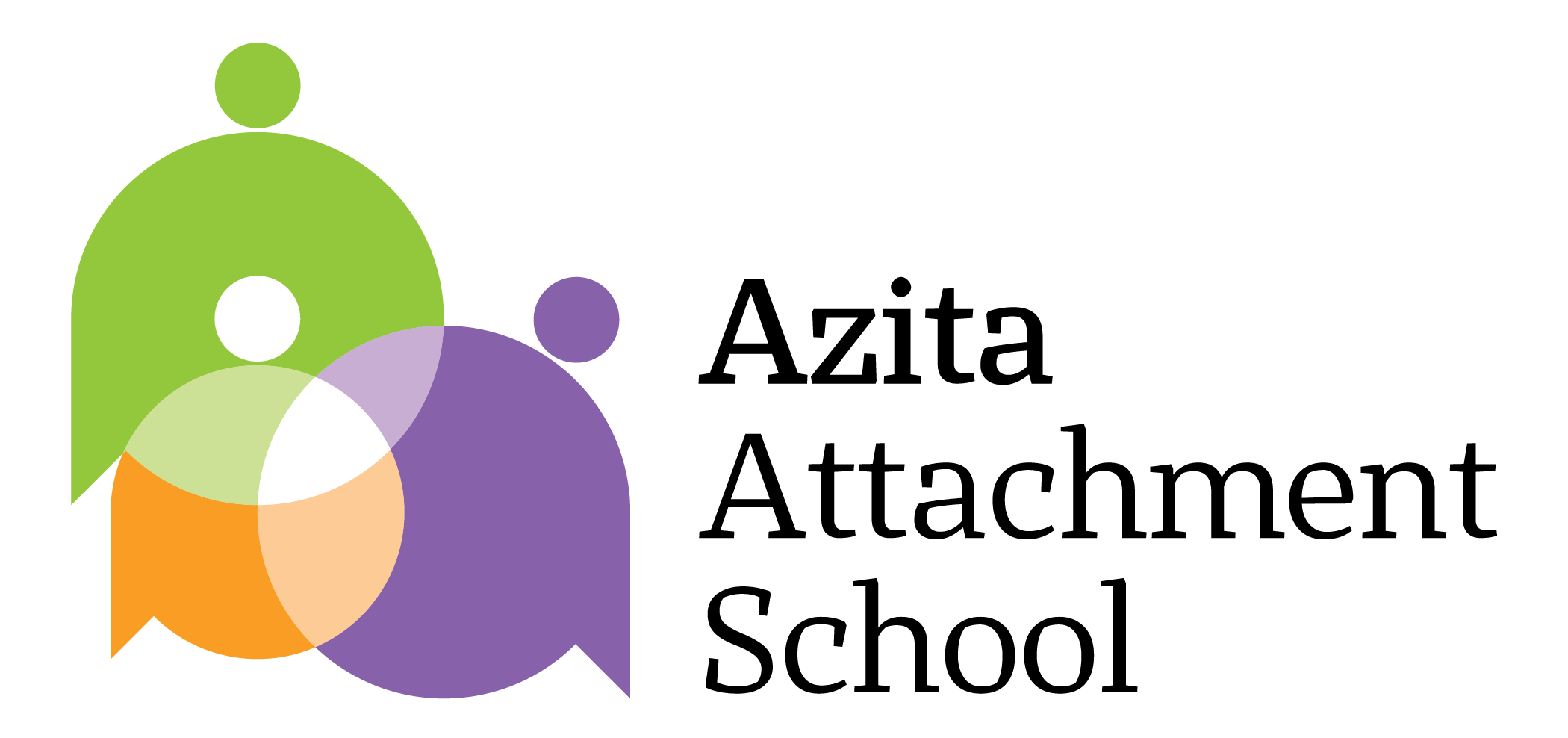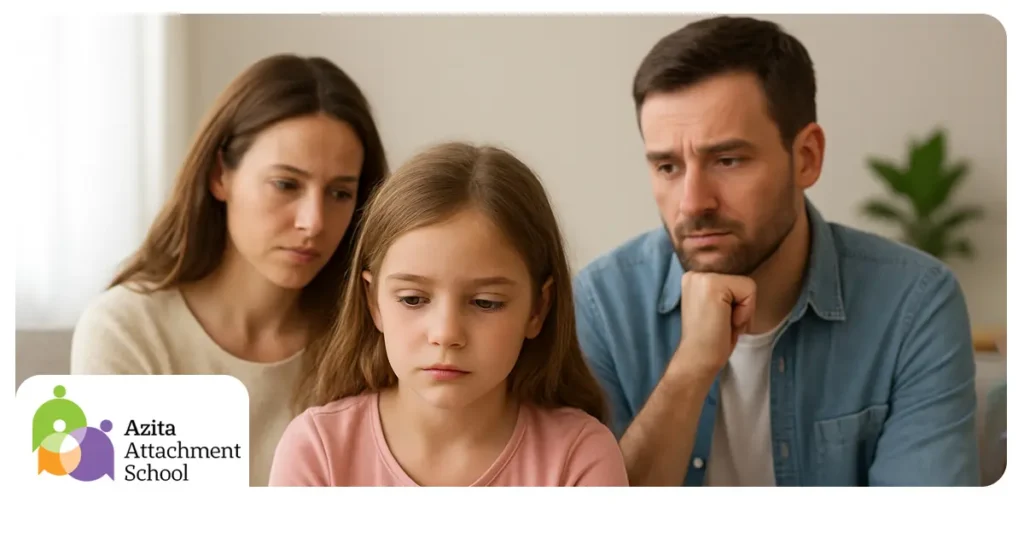This article explores how emotional wounds and unresolved trauma from previous generations influence today’s parenting styles—and how parents can break the cycle to build secure attachment with their children.
Introduction
Have you ever promised yourself, “I won’t raise my child the way my parents raised me”—only to find the same patterns emerging when emotions run high? This repetition is not accidental. It is the result of unconscious transmission of intergenerational wounds. Attachment theory and modern psychology reveal that our past—whether acknowledged or not—quietly shapes our children’s future.
What Is Intergenerational Trauma?
Intergenerational trauma refers to emotional wounds passed down from one generation to the next—not only through biology but primarily through relational patterns, emotional responses, and parenting styles.
Examples include:
- Parents who were emotionally neglected struggle to respond to their own child’s feelings.
- Families with histories of war, migration, or poverty pass on chronic anxiety and insecurity.
- Shame and silence in one generation transform into low self-worth or harsh self-criticism in the next.
How Generational Wounds Impact Parenting
- Heightened reactivity to a child’s emotions: Even minor distress in the child may trigger intense anxiety in the parent.
- Emotional inconsistency: The child faces a parent who is warm one day and distant the next.
- Conditional love and attention: Affection becomes tied to performance or obedience.
- Perpetuating emotional silence: Just as their feelings went unheard, parents now struggle to truly hear their child.
Signs That Intergenerational Wounds Are at Play
- Persistent guilt or inadequacy in the parenting role
- Sudden anger, irritability, or emotional withdrawal toward the child
- Fear of repeating the past—yet unconsciously reliving it
- Difficulty offering unconditional love and emotional presence
Breaking the Cycle
- Acknowledge the Past
Recognize that certain reactions stem from your own childhood experiences. - Practice Mindfulness
Pause, breathe, and observe your emotions before reacting. - Focus on Repair, Not Perfection
Mistakes are inevitable—repair is what matters. - Seek Support
Parenting coaching, educational workshops, and attachment-based groups can provide powerful tools for change. - Show Self-Compassion
The kinder you are to yourself, the less likely you are to pass on unresolved pain.
Conclusion
Generational wounds are not destiny—they are invitations to awareness and growth. By facing the past with courage and compassion, parents can end cycles of insecurity and raise children grounded in trust, resilience, and secure attachment.


